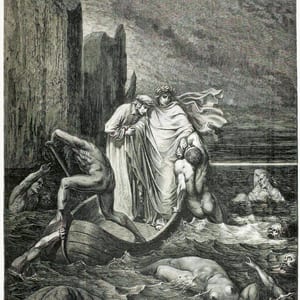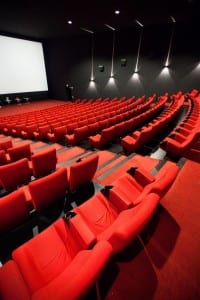Myth and the birth of drama
By Ben Stevens H P Stevens, on 21 May 2013
These days, when people think of classical drama they think of Greek tragedy. Professor Gesine Manuwald (UCL Greek & Latin) sought to redress this notion with her enticingly-titled lecture, ‘Drama & theatre in ancient Rome: braggart soldiers, parasites & murderers’ on 15 May, which formed part of the UCL Festival of the Arts.
She began by outlining how Roman drama grew out of the regular festivals and ceremonies held in Republican Rome to honour various gods.
In 364 BC, the magistrates of Rome decided to introduce performances and Etruscan dancing to appease the gods after an outbreak of pestilence. However, it wasn’t until 240 BC that they commissioned Livius Andronicus (Rome’s first poet) to write a play – the first of its kind – one year after the Punic War to celebrate the victory.
 Close
Close




